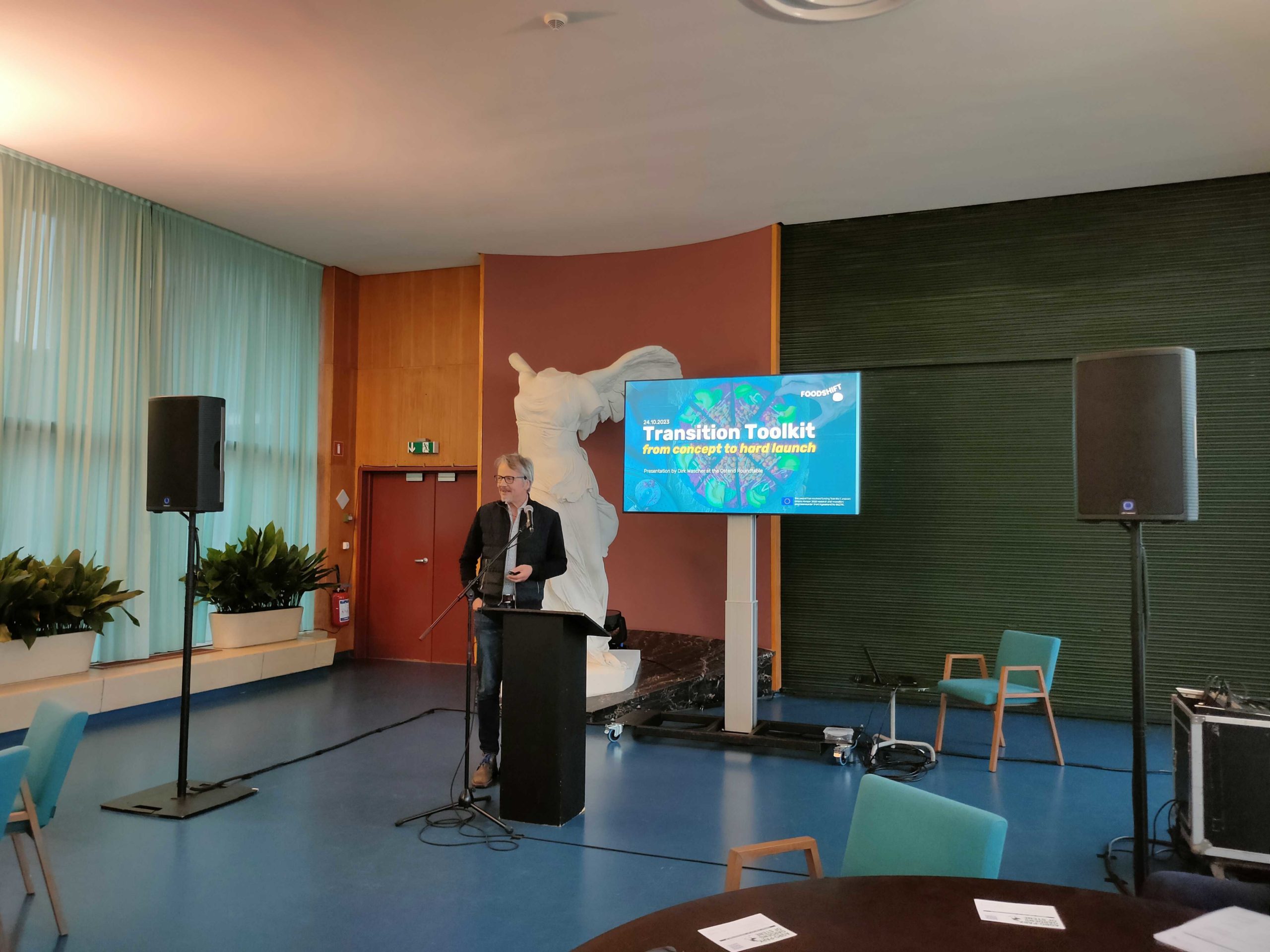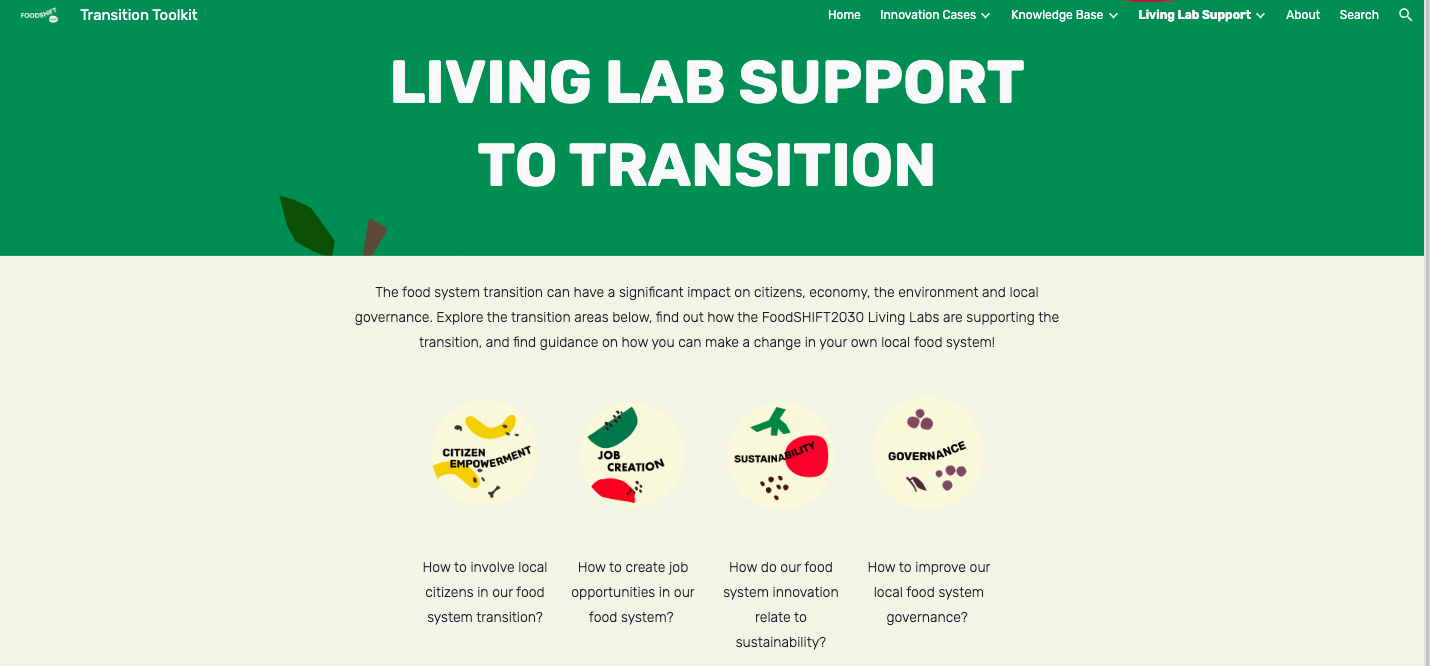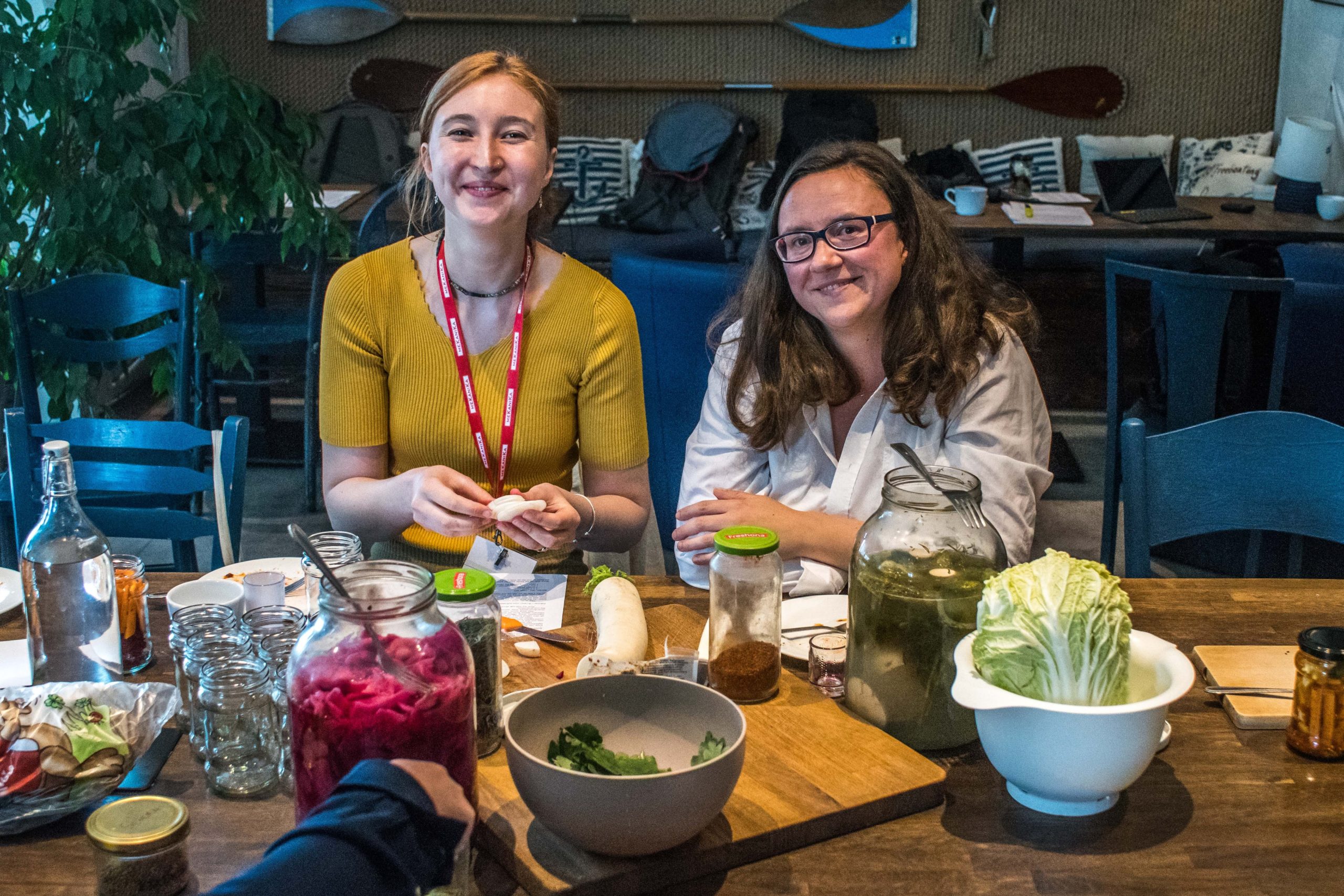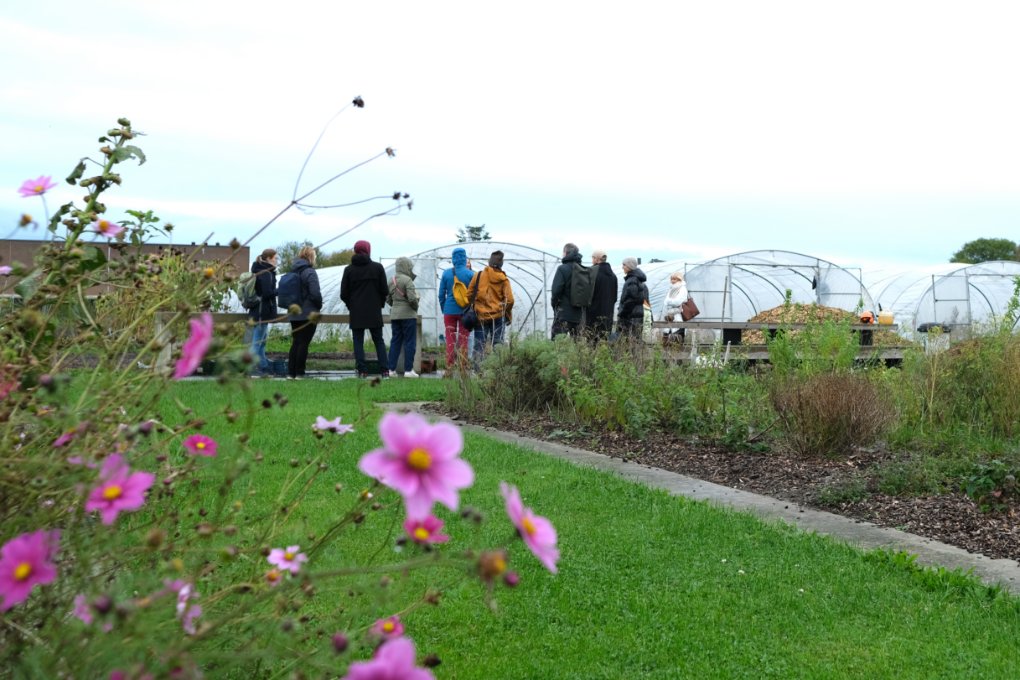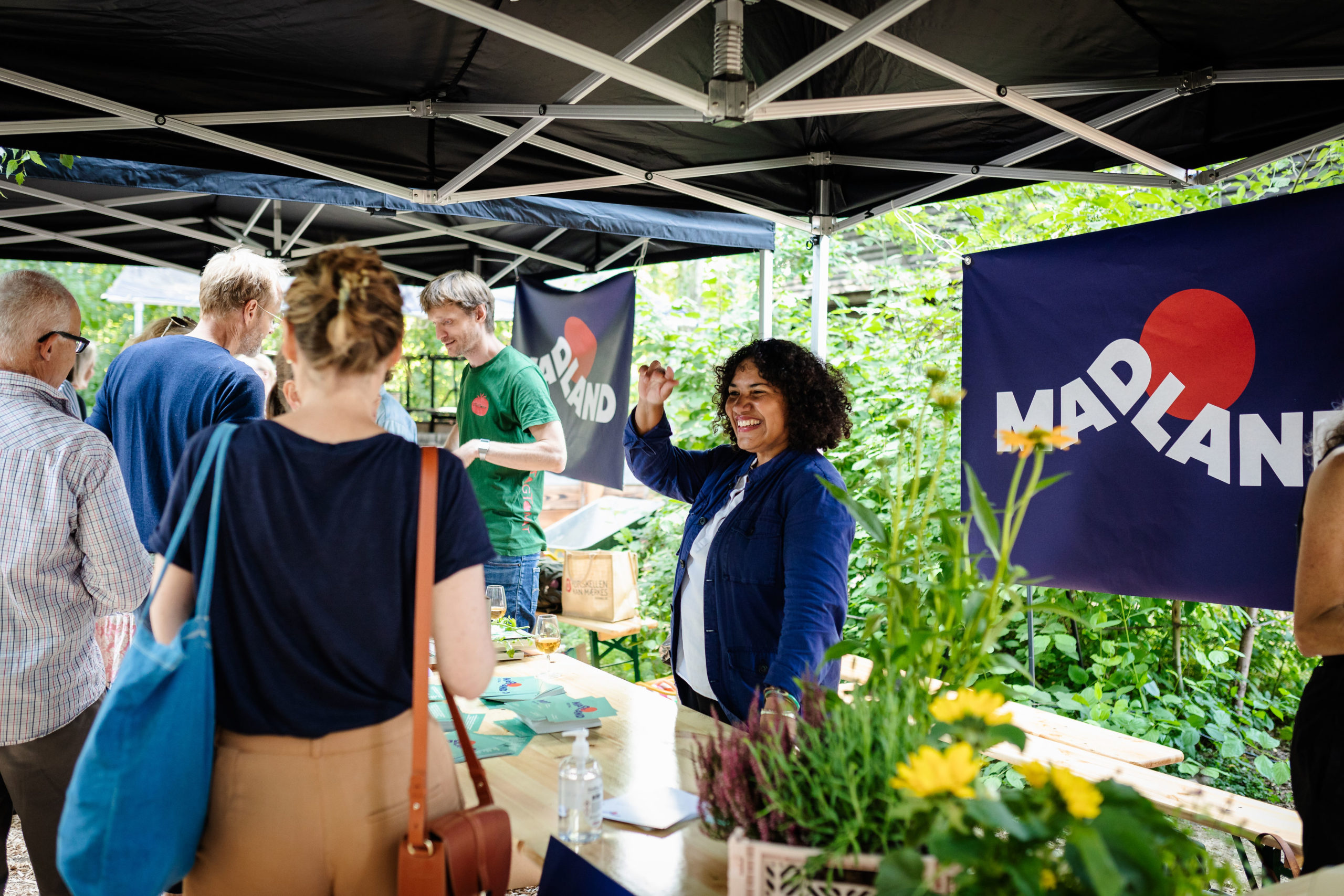Wroclaw FAL2FEL experiences
14 June 2023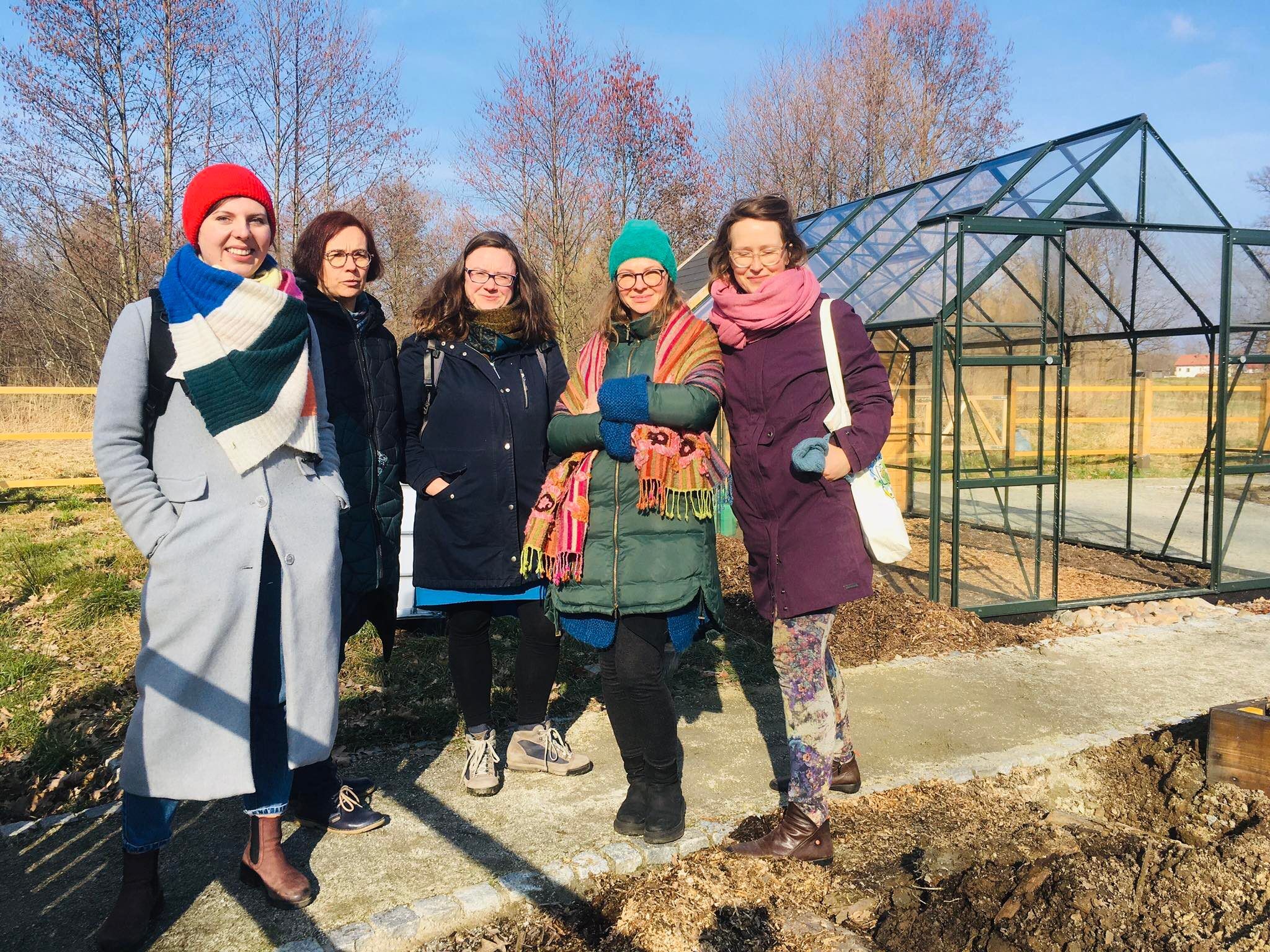
Wroclaw FAL2FEL – FEL2FAL experiences
As some of you know, especially members of the FoodSHIFT2030 network, each of the Lab or FAL (FoodSHIFT Accelerator Lab) is collaborating with the FELs (FoodSHIFT Enabler Labs – fellow cities). In the case of the Wroc?aw FAL (Poland), the collaborating FELs are:
- Krzy?owa (Poland)
- Warsaw (Poland)
- Manchester (United Kingdom)
- Trento (Italy)
Last year, the collaboration with FELs started with online meetings to get to know each other and learn by sharing experiences. This year, we started physical and hybrid meetings dedicated to learning-by-sharing.
Download here a summary note on Wroclaw experience explained in a fun way!
February 2023 – FAL2FEL meeting – Krzy?owa (Poland)
February 28th was dedicated to a study visit at Krzy?owa FEL. We met at “Krzy?owa” Foundation for Mutual Understanding in Europe, located 60 kilometers from Wroc?aw city. The main topic of the meeting related to rising awareness regarding more plant-based habits. Members of our WRO FAL like Ma?gorzata ?wi?der and Marta Sylla from Wroc?aw University of Environmental and Life Sciences, and Monika Onyszkiewicz from the Foundation of EcoDevelopment were present. The FEL side was represented by Agnieszka Dudu? and Anna Kudarewska.
The meeting had the format of open discussions combined with a site visit. We were discussing the need for collaboration regarding developing the food system and introducing the following FoodSHIFT actions in which FELs could be engaged. In Krzyzowa – we are working together on changes that will be seen in the cafeteria, among other things. More local, seasonal, and plant-based meals will work out well for everyone.
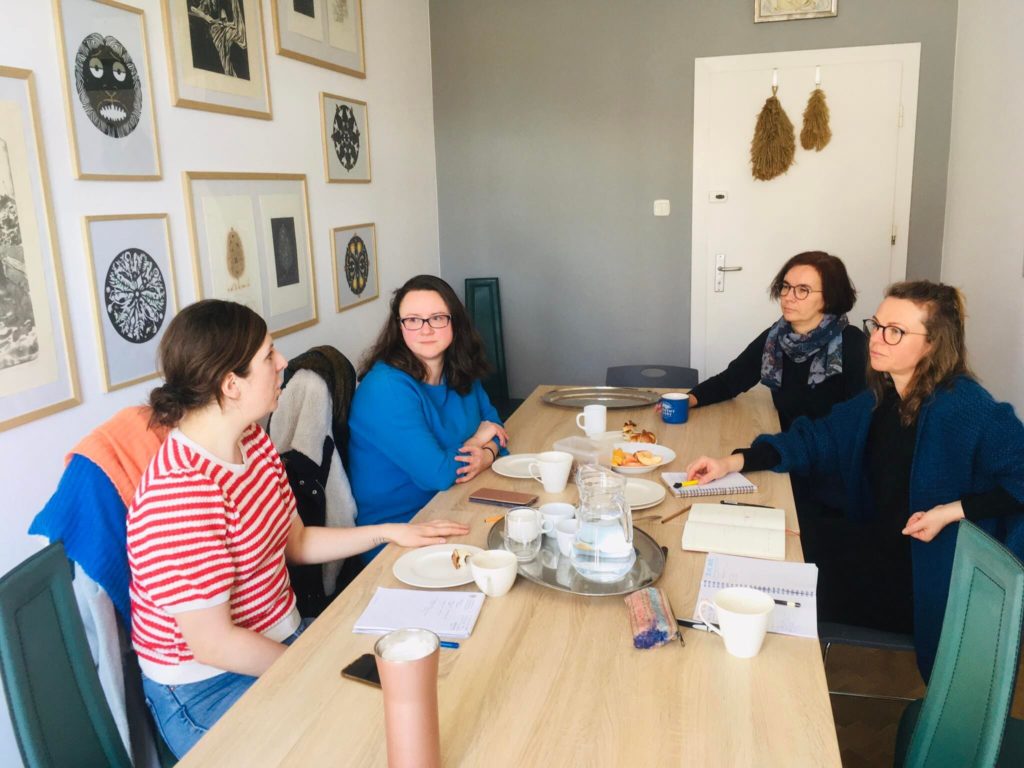
Photo credits: Wroclaw FAL
The team of Krzy?owa FEL presented to us their well-established community garden with a whole infrastructure and different types of garden beds. They introduced a wide range of educational offerings they are providing for different stakeholder groups. In this case, small successes have been or are planned to be achieved – a vegetable garden and an herbarium, the harvest of which will be used by the restaurant and canteen.
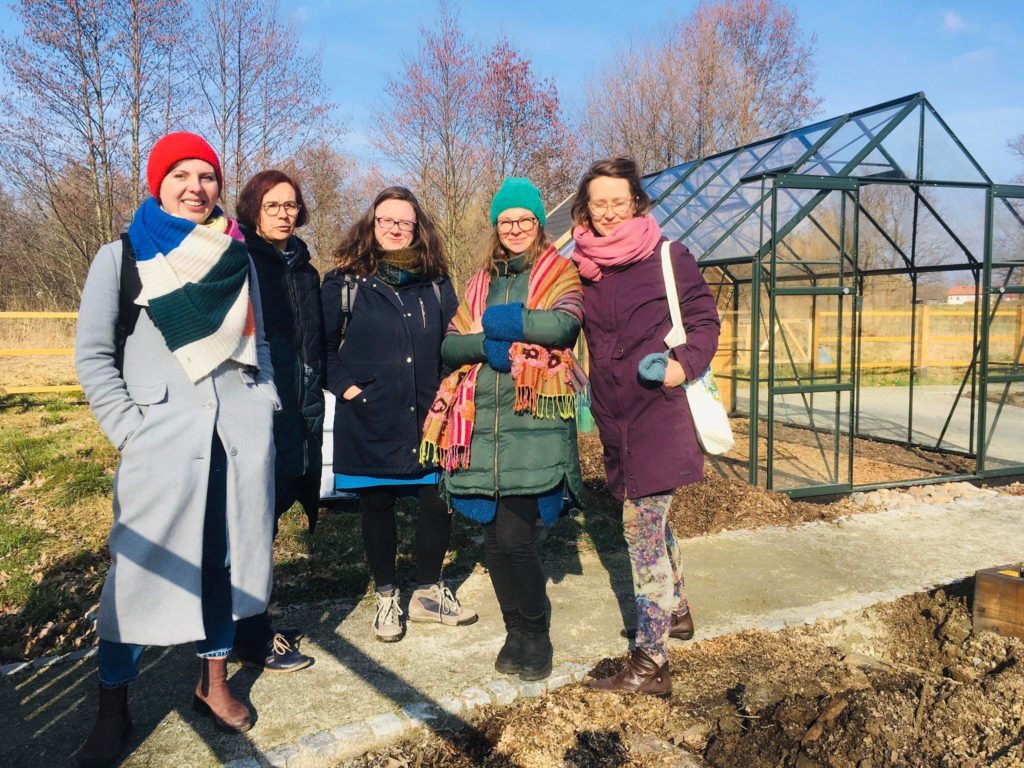
Photo credits: Wroclaw FAL
March 2023 – FAL2FEL meeting – Trento (Italy)
In March we visited Trento in northern Italy to dwell on the topic of Urban Gardens and supporting communities willing to use a common space for education, socializing, and of course food production.
We were able to see the different forms and formulas of the gardens in Trento, as well as talk to the people creating them.
Just outside the gates of the University is a garden established on municipal land and run by a senior citizens’ association (Orto Urbano Mesiano). There are about 120 small plots of land that seniors and senior citizens can lease. The lease is renewed annually, and a contribution is paid to cover the running costs (around 50 euros/year). The main objective of the garden and its community is to activate people who are already working.
More important than cultivation is a meeting, a shared dinner, or simply a conversation.
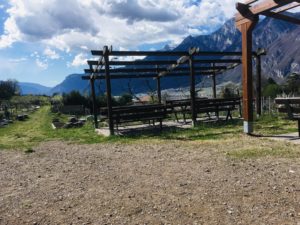
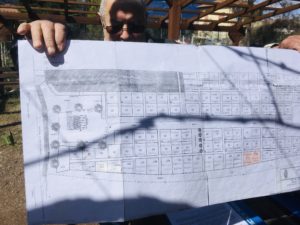
Photo credits: Wroclaw FAL
Another example is the garden initiated by the active residents of the Clarina estate (Orto urbano Clarina). The main initiator, Francesco, is a trained farmer. Naturally, he has a lot of knowledge about how to grow fruit and vegetables, but the key for him is to create a space where he and his neighbors can meet and slowly start to grow vegetables and practice environmental care and good habits (composting, rainwater collection, attention to local and seasonality). Of the activities, reading books to children, playing volleyball together or having a picnic is great. Here, too, they prioritize the social aspect over crop efficiency.
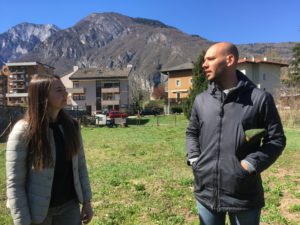
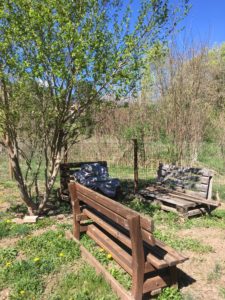
Photo credits: Wroclaw FAL
The third garden we visited was the Orto San Marco garden in Rovereto, a town one train station away from Trento. This garden model is the result of shared goals and benefits between the local government, business, and the local community committed to education. The area was planned by the city as a … cemetery, but life changed the plans and the city abandoned this idea, giving it over to the creation of an educational garden and the restoration of the region’s ancient silk tradition. Hence the mulberry trees are planted in the garden, whose leaves are food for the silkworms bred at the University. However, unlike those reared over 100 years ago, the yarn produced by the silkworms is being studied by scientists for its use in medicine. The remainder of the area is used to grow vegetables sold in the on-site shop (approx. 200 m2 growing in tunnels+ 15 planted apple trees and 12 beehives for in-house honey production), and another part of the garden is an educational site. An important element of this garden is meetings, concerts and events bringing together people from the neighborhood.
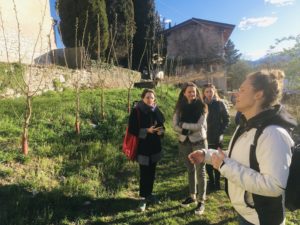
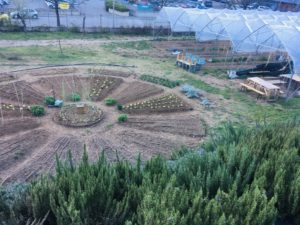
Photo credits: Wroclaw FAL
Visually, each of these gardens looks different, with each community facing its own problems, challenges and having its own successes. Behind each of these places are political decisions at the local and regional levels. Among other things, it depends on the policy of the land manager on what terms he or she will make the land available, whether he or she will prioritize educational activities, and whether he or she sees value in it. Therefore, although there is no single recipe for a good community garden, there are a few proven conditions for such gardens to emerge. But that will be discussed next time.
May 2023 – FEL2FAL meeting – Wroc?aw (Poland)
On May 16th, a hybrid FEL2FAL meeting was held at the Foundation of EcoDevelopment headquarters. The meeting was based on learning from the experience of partner cities – #learningbysharing.
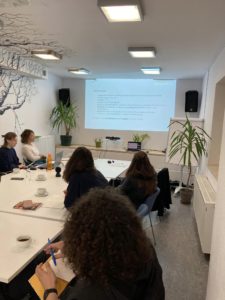
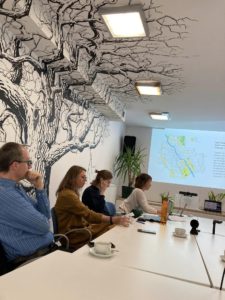
Photo credits: Wroclaw FAL
Our FELs: University in Trento (Italy), community garden ‘Motyka I S?o?ce’ (Warsaw, Poland), Krzy?owa Foundation for Mutual Understanding in Europe (Krzy?owa, Poland), defined assumptions conducive to the development of the food system and food policy.
The event was also supported by the Marshal’s Office of the Lower Silesian Voivodeship and the City of Wroclaw. The result of the meeting will be a developed visual note based on the partners’ experiences.
Even though we have only 6 months left to close the project, we are not slowing down! We try to involve various stakeholders, spread the topic of food system development, renew our educational offer, and be active within our group on FBJadalne Miasto Wroc?aw (eng. Edible City Wroclaw), where we inform about current events. We are sure that we have not said the last word yet!
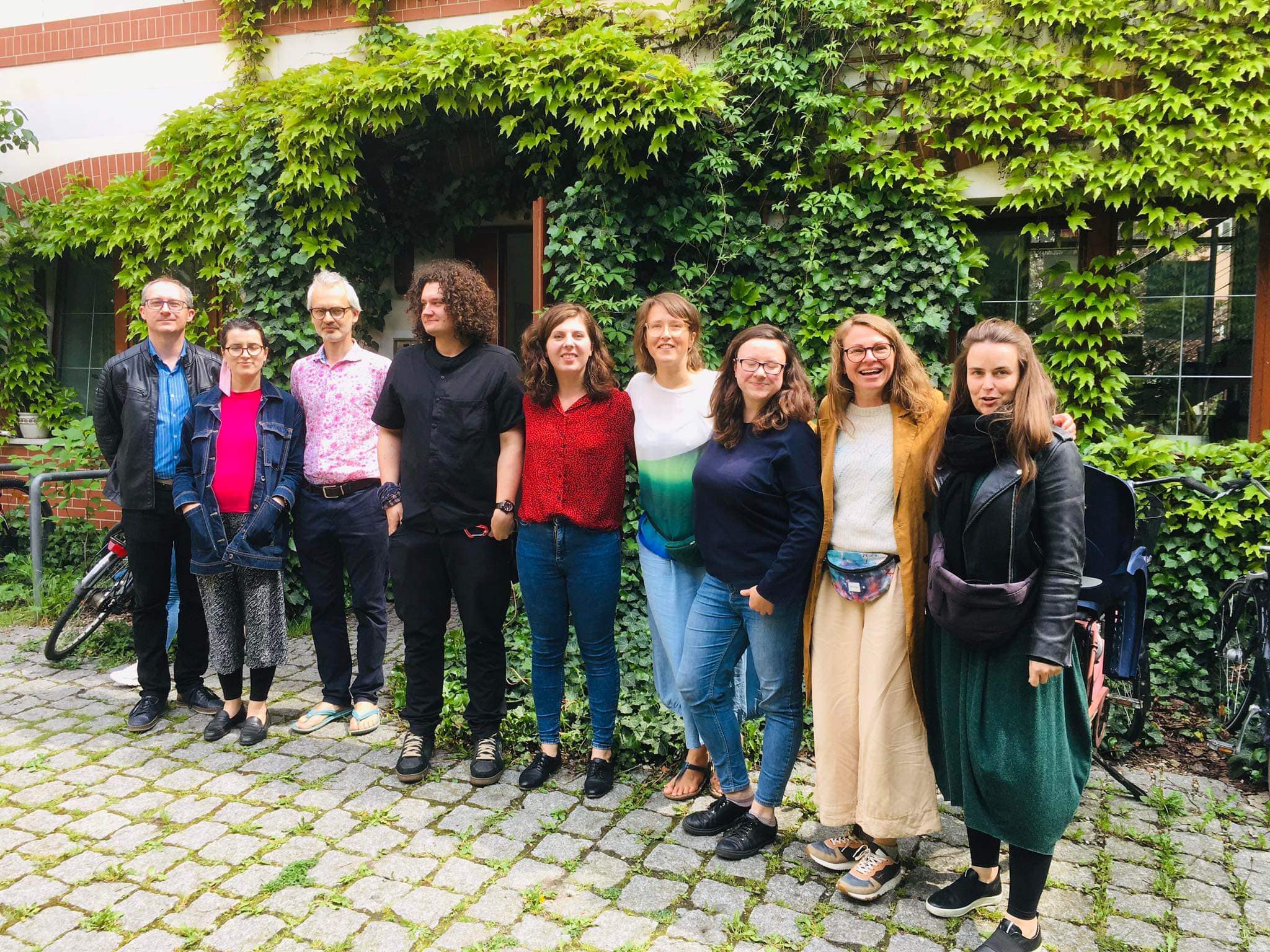
Photo credits: Wroclaw FAL
Read other Labs exchange visits with their Fellow cities, such as the Copenhagen FAL2FEL experience!
